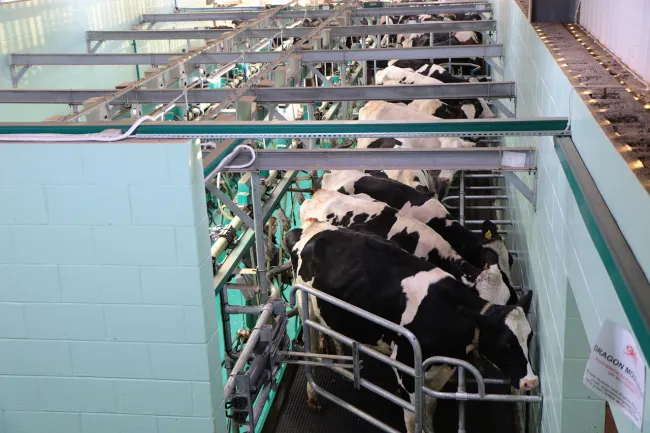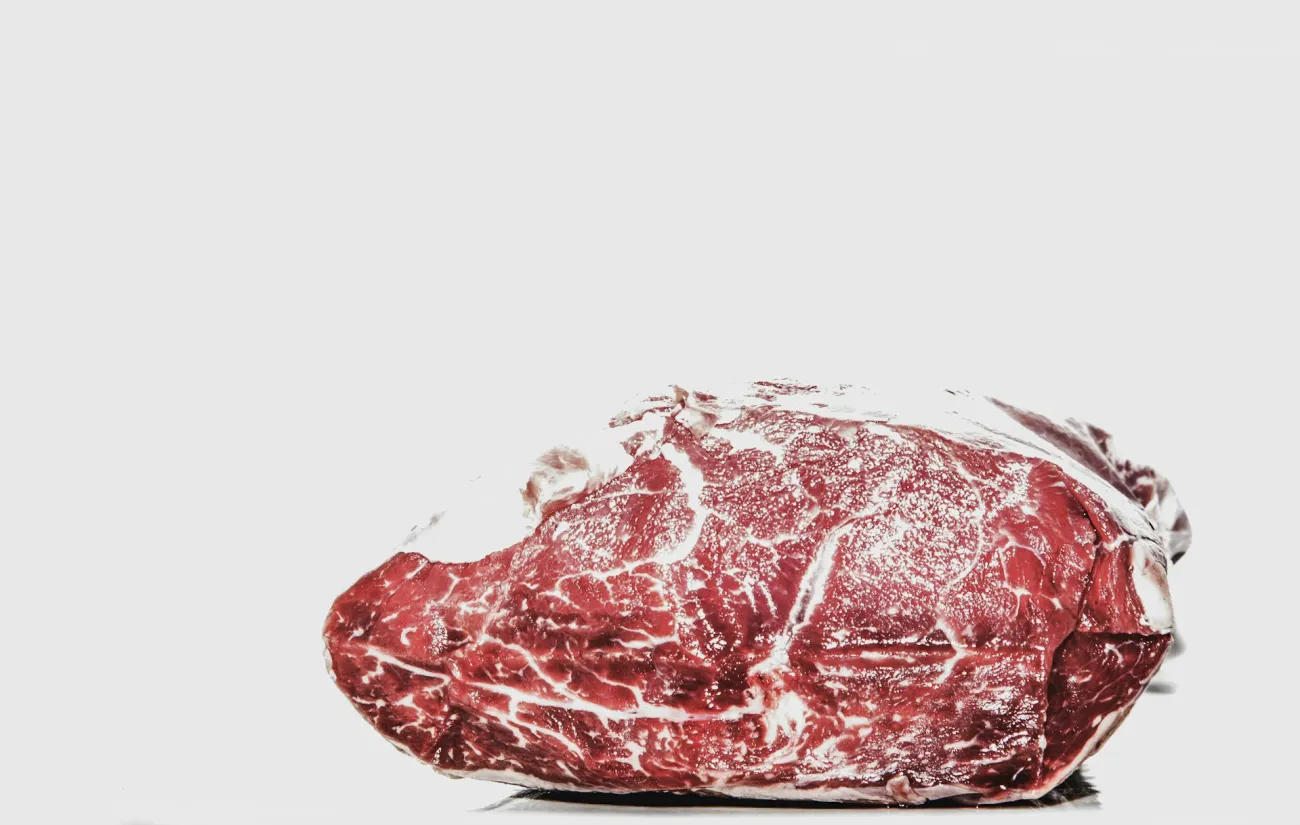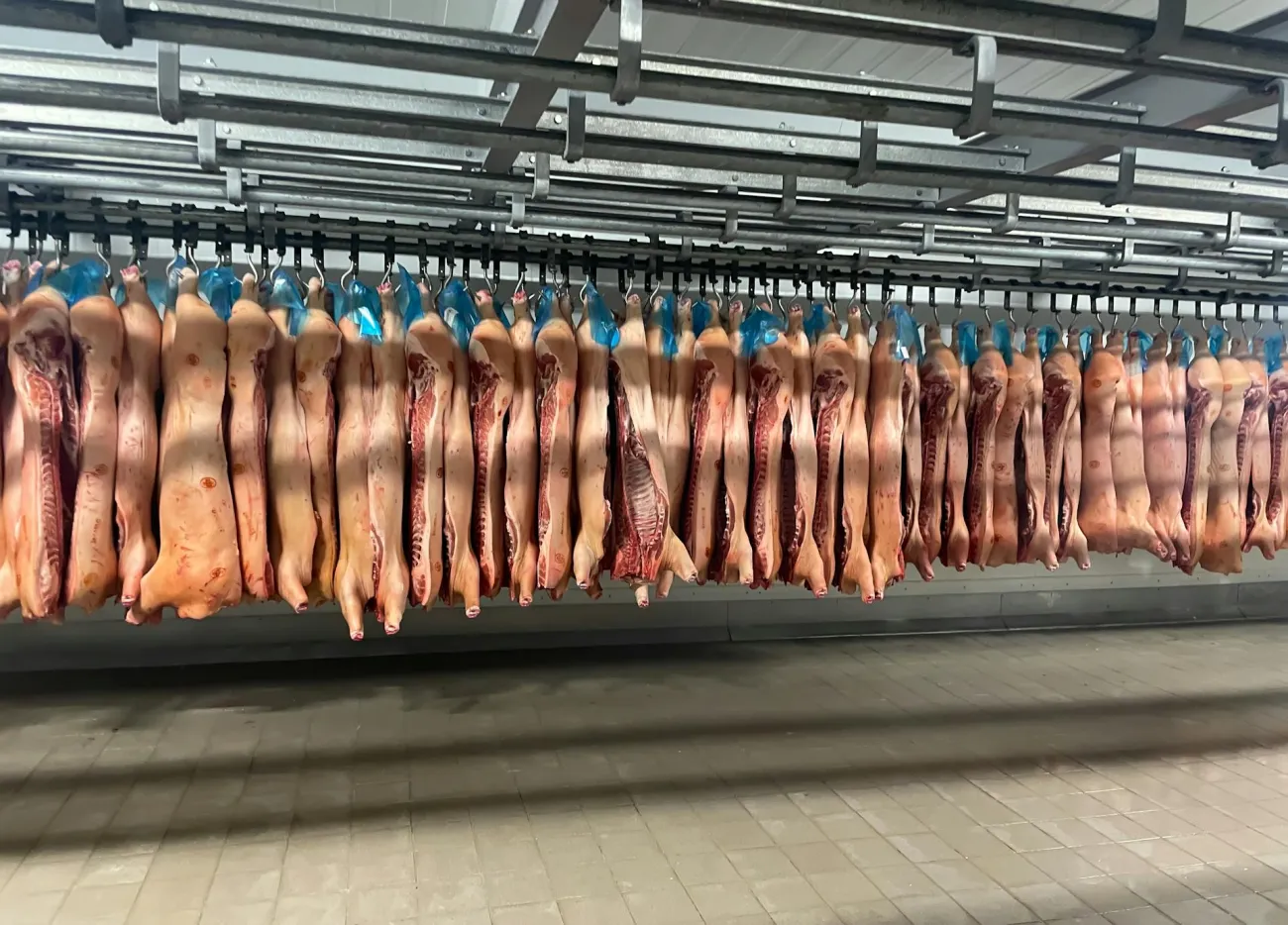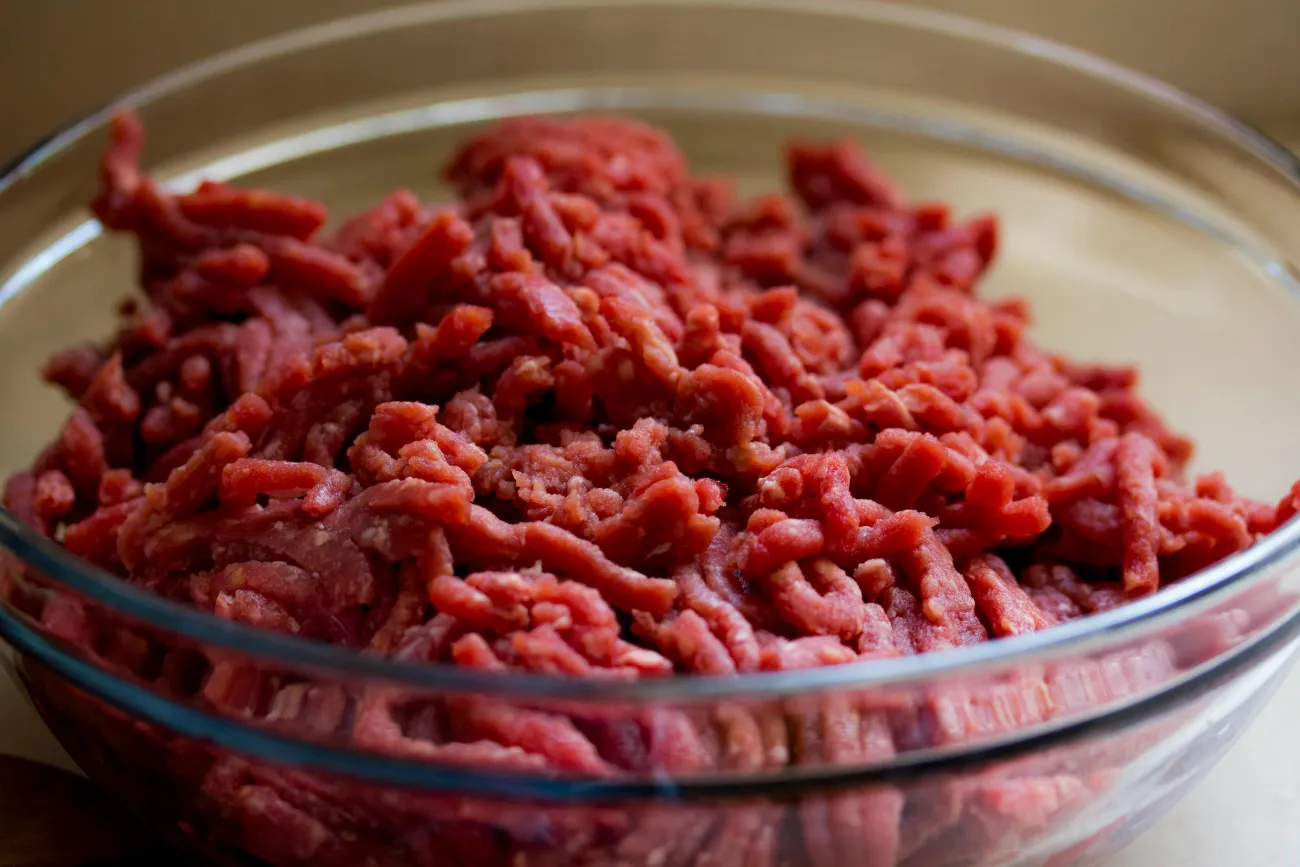Drawing on expertise from health, climate, biodiversity and animal welfare policy and science, this CABI Policy Forum argues current levels of animal product production and consumption threaten ‘One Health’ outcomes and presents the case for a just transition in animal agriculture. The report identifies five principles to guide policy makers in promoting a just transition from systems of industrial meat production and overconsumption.

Summary
Demand for animal products is projected to increase by 17% by 2050 (from 2012) and total meat production is projected to increase by 60%. A One Health approach considers the interrelationship between human, animal and environmental wellbeing to achieve a healthier and more sustainable world. This approach highlights the following concerns with animal agriculture. For humans, whilst meat is an important source of nutrition for certain demographic groups and in low income countries, industrial production of meat in high-income and increasingly middle-income countries is driving negative environmental and health outcomes. For environmental welfare, even with the elimination of fossil fuel emissions, food system emissions from animal production would make it impossible to limit global warming to 1.5°C and difficult even to limit warming to 2°C. Finally, for animals the industrial production geared to maximising outputs at the lowest possible costs causes severe animal suffering, such as extreme confinement and crowding. The authors argue that whilst a large-scale shift from high levels of animal product consumption is necessary, it will require fundamental changes to current production systems. This will affect huge numbers of people's work in the industry and disrupt deeply entrenched cultural practices. As such extensive planning, foresight and pre-emptive measures will be necessary to guarantee social and economic equality.
The just transition concept has been extended across multiple industries and disciplines since its conception, but still maintains a broad approach that recognises the need for social justice in the transition toward a more sustainable society. Just transitions anticipate change, implementing well-planned policies to minimise disruption and maximise benefits for all affected stakeholders, as well as build support for the transition in society. Just transition frameworks can also steer investment toward sustainable practice, breaking lock-ins to unsustainable operations and reducing ‘stranded’ assets. Achieving a just transition in the livestock industry faces multiple challenges:
- The transition affects food supplies and diets essential to human wellbeing. Individuals' food preferences are also determined by personal, cultural and religious meanings that can be resistant to change. Without just transition policies, dietary change could disrupt food prices and access, leading to adverse effects for low-income and food-insecure communities, as well as losing public support through disrupting culturally embedded practices.
- Millions of livelihoods depend on animal agriculture. Rural communities already face socio-economic challenges and supply chain workers often face exploitation, discrimination and precarious working conditions, and risk being overlooked. Just transition policies must address labour force challenges and the economic losers of change.
- The global meat market is worth US$1 trillion, whilst the alternative meat market is valued at US$4 billion. Significant economic and political interests are therefore vying to shape the future food system.
- Finally, a one health perspective must consider justice for farm animals as sentient beings. Policies that intensify animal agriculture risk inflicting greater harm on animal welfare.
The report sets out five principles to guide policy makers in promoting a just transition from industrial animal agriculture to a food system focused on One Health:
- Phasing down existing policies, programmes and fiscal support that promote industrial meat production and consumption. A report by several UN agencies found that livestock is one of the food products that benefit most from government support, and a majority of subsidies go to industrial production. Such support distorts food prices. The removal of this support signals to investors, markets and consumers a direction of travel for food systems.
- Support alternatives to livestock and ensure they safeguard social equity, human health and animal welfare. This is important to ensure healthy and sustainable alternatives are affordable and available. This could include support for fruit, vegetable, legume and nut production, investing in nutrition programmes and policies to address food deserts. Supporting plant-based meats will also require sensitivity to inequalities that could emerge in new markets.
- Ensuring inclusive and participatory planning. This requires mapping stakeholders and engaging with relevant government agencies and civil society organisations at all levels. The process of bringing together different stakeholder views will necessarily be a contested and delicate exercise. It is particularly important to ensure the meaningful participation and political empowerment of marginalised groups.
- Supporting stakeholders in offsetting the impacts of transition. It is typical to provide support in just transitions through social safety nets and compensation for disruptions caused. Specific funding similar to the EU Just Transition Fund for energy could be set up. In the long term, investment in local economic diversification could create new opportunities and compensate for revenue losses through investments in low-emission, job-rich sectors. Effective support also goes beyond economic loss, addressing the physical and mental impacts associated with the breakdown of social networks, cultural practices and traditions. Acknowledge non-financial lost is key to board acceptance of transitions
- Addressing the root cause of injustice in the meat sector. Transformations toward alternatives to meat can be used to provide jobs to marginalised communities, promote healthier diets and design fairer models of land ownership. Moving away from industrial livestock is an opportunity to prioritise safe fair work and animal welfare. Avoiding the perpetuation of existing inequalities will involve identifying existing injustices as well as involving stakeholders outside of the meat sector to address inequalities that are perpetuated by wider socio-economic conditions.
Read the full report here and our own work on just transitions here




Comments (0)